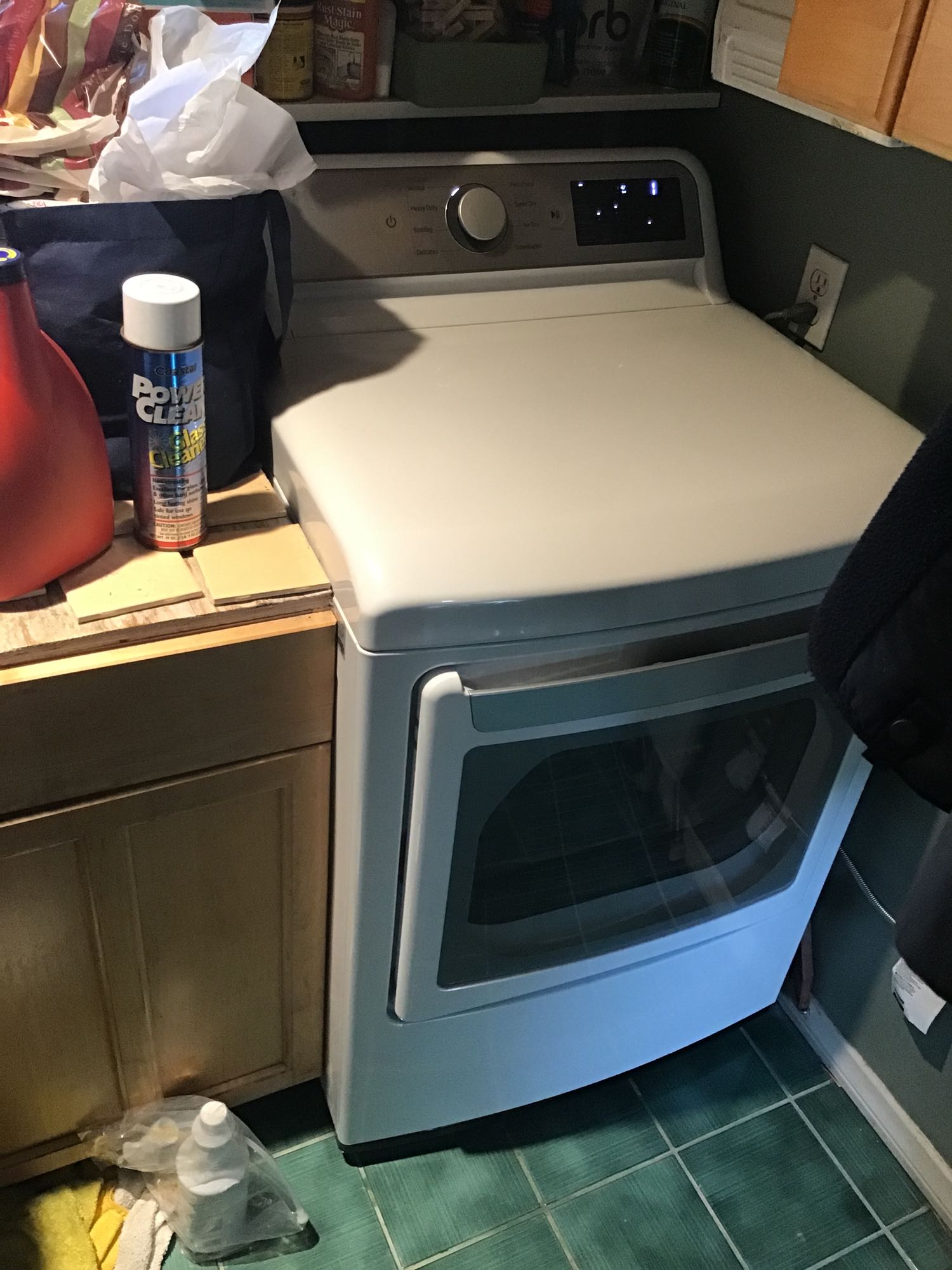A washing machine is expected to clean your clothes, not fill your home with an unsettling chemical odor. When a washer starts giving off a sharp, synthetic, or burning plastic smell, it is often a warning sign that something inside the system is overheating, degrading, or failing. Chemical odors should never be ignored, because they typically point to issues involving electrical components, wiring insulation, or melting plastic parts. Left unaddressed, these problems can escalate into serious hazards, including electrical shorts, machine breakdowns, or even fire risks.
Understanding the causes behind these chemical smells can help you take timely action and prevent expensive damage. Two of the most common sources are overheating wires and melting plastic components.
1. Overheating Wires: A Silent but Serious Threat
Modern washing machines contain a network of wires responsible for powering motors, control boards, sensors, and heating elements. These wires are insulated with plastic or rubber materials to prevent short circuits and overheating. When a component begins to draw excessive current or experiences internal resistance, the wires can heat up beyond safe levels — causing the insulating layers to burn or melt.
What Causes Wires to Overheat?
- Faulty or aging wiring
• Loose electrical connections
• Overloaded or damaged motor
• Malfunctioning heater elements
• Short circuits inside the control module
Overheating wires typically create a heavy, sharp, plastic-like smell during the cycle, especially when the washer is operating the motor at high speed or heating water. You might also notice intermittent power loss, flickering display, or the machine stopping unexpectedly.
Why It’s Dangerous
Electrical issues are among the most dangerous problems a washer can have. Damaged wiring can lead to fires, electrical shocks, or sudden machine shutdowns. Since the wiring system is integrated deep inside the machine, only a trained technician can diagnose and fix the issue safely.
2. Melting Plastic Components: The Machine Overheats from Within
Another common cause of a chemical smell is melting plastic parts. A washing machine has several plastic components that, if exposed to friction, overheating, or mechanical stress, can start to deform or produce a chemical odor.
Most Commonly Affected Parts
- Drive belt cover
• Pump housing
• Tub seals or mounting brackets
• Internal drum components
• Motor casing
These parts can melt or warp when exposed to excessive heat or when rubbing against moving components. For instance, a misaligned drum can press against plastic housing. A blocked pump may cause the motor to overheat. A worn belt may slip and create friction. All of these conditions lead to plastic overheating and releasing chemical fumes.
Signs That Plastic Components Are Melting
- Strong chemical or burning odor during spin or drain
• Visible smoke or discoloration near the bottom of the machine
• Cracked or warped plastic under the lid or around the drum
• Loud squeaking, grinding, or scraping noises
Ignoring these signs can quickly result in more severe damage, including broken pumps, destroyed motor assemblies, or complete drum failure.
3. Secondary Causes You Should Not Overlook
Although wiring and plastic components are the primary culprits, additional factors can amplify the chemical smell or trigger it altogether:
- Foreign objects trapped between the drum and tub
• Rubber seals overheating due to friction or malfunction
• Incorrect detergents creating chemical reactions under heat
• Blocked vents causing heat to accumulate
• Faulty control board components overheating internally
Any of these conditions can create harsh odors — and they all require professional evaluation.
4. What You Should Do Immediately
If you detect any chemical smell during your wash cycle:
- Turn off the washing machine immediately
- Unplug it from the power outlet
- Avoid running another cycle until it is inspected
- Do not attempt to disassemble or repair anything yourself
Electrical and melting-plastic problems can escalate quickly. A timely inspection can save your appliance and ensure your home’s safety.
5. Professional Repair: Safe, Fast, and Reliable
A chemical smell inside a washing machine is rarely a simple issue. It almost always indicates deeper electrical or mechanical malfunction. Experienced technicians can:
- Diagnose wiring overheating
• Replace damaged insulation
• Repair or replace melting plastic components
• Inspect the motor, pump, and control board
• Restore safe and stable operation
This is not a problem that will resolve on its own. The longer the machine runs in this condition, the higher the risk of irreversible damage.
If you want your washing machine to operate without hazards and last for years, timely professional service is essential.
If your washing machine gives off a chemical smell during the cycle, do not wait for the issue to get worse. Contact HOME APPLIANCE SERVICE CENTER for fast, safe, and professional repair. Our technicians will diagnose the problem, eliminate the odor source, and restore your machine to perfect working condition.
Contact us
 619-928-5000
619-928-5000  Request Service
Request Service 
